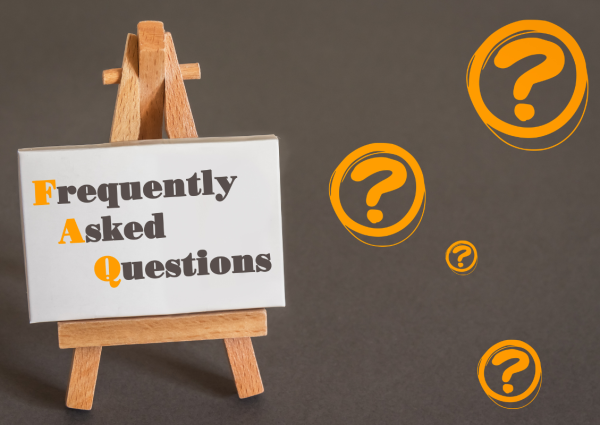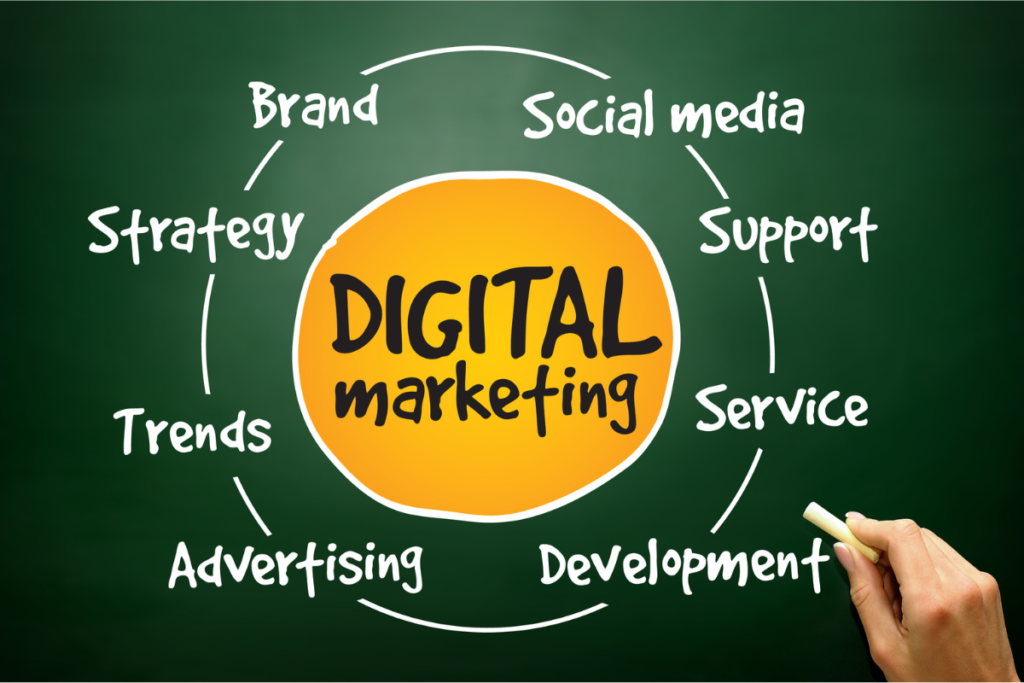In This Blog Learn About What Is SEO? Search Engine Optimization (SEO) is the key to improving your website’s visibility and rankings in search engines. Learn how SEO works, the best practices for on-page and off-page optimization, technical SEO, and more in this comprehensive guide.
Table of Contents
Introduction to SEO :- What Does It Really Mean?
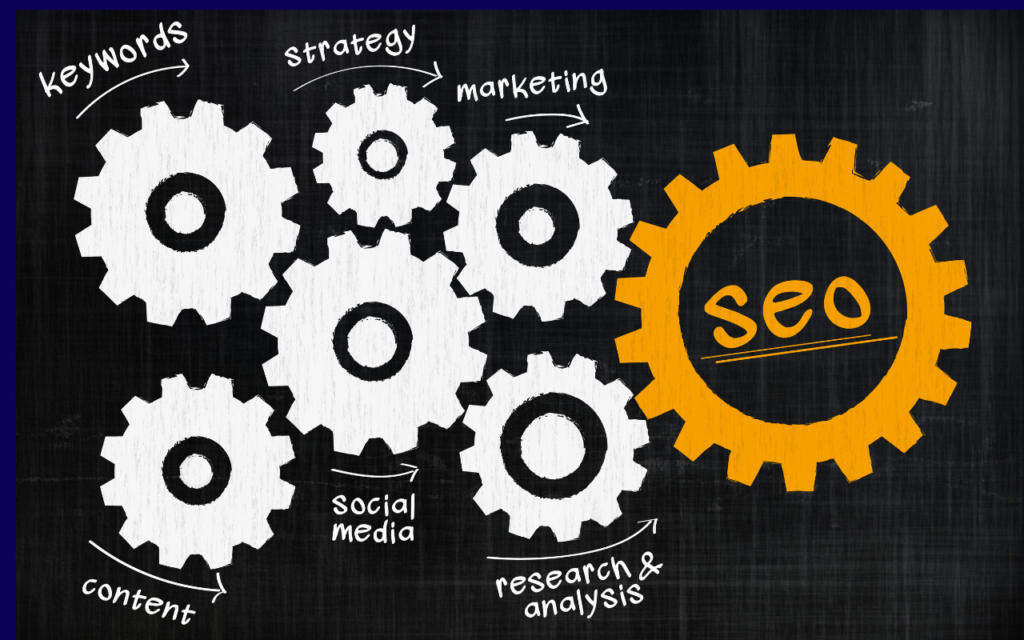
Search Engine Optimization, commonly known as SEO, refers to the practice of optimizing your website to improve its visibility in search engine results pages (SERPs). When users search for information, products, or services related to your business, SEO helps your website rank higher in those search results, driving more organic traffic. The primary goal of SEO is to attract potential customers who are actively searching for the products or services you provide.
SEO is an essential aspect of digital marketing because it increases your chances of being found by the right audience. Instead of paying for ads, SEO focuses on improving your website organically, making it a cost-effective long-term strategy. For More details you can also check out our page
How SEO Works :-The Basics of Search Engine Algorithms
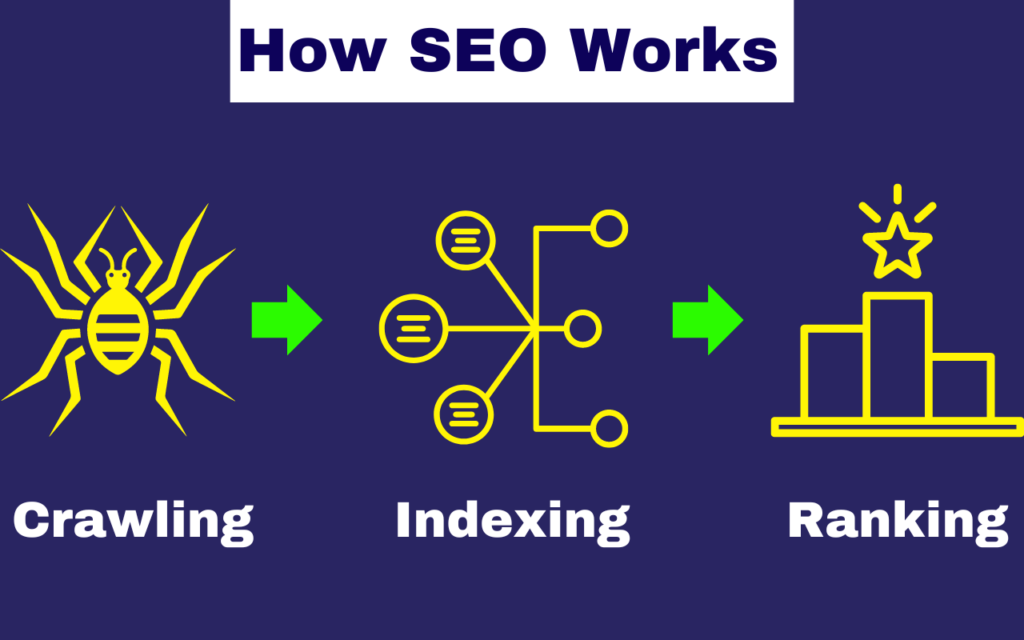
To grasp how SEO functions, it’s important to understand how search engines work. Search engines like Google use complex algorithms to crawl and index billions of web pages across the internet. These algorithms assess various factors to determine which pages are the most relevant and valuable to users.
Here’s a brief overview of the process:
Crawling :-
This is the first stage in how search engines work. It involves sending out bots (often called “spiders” or “crawlers”) to explore the web and discover new and updated pages. These bots navigate from one page to another, continuously scanning the web to discover new content
Indexing :-
Indexing: After a search engine bot crawls a webpage, it examines the content and stores the information in the search engine’s extensive database, called the index. This process is called indexing.
Ranking :-
Beginner’s Guide to SEO
If you’re new to SEO, the process can seem overwhelming. However, SEO can be broken down into three main components: on-page SEO, off-page SEO, and technical SEO.
On-Page SEO :-
This involves optimizing individual pages on your website. It includes keyword usage, meta tags, headings, and content structure. It’s about making your content relevant to what users are searching for.
Off-Page SEO :-
Off-page SEO involves activities done outside your website to boost its authority and credibility. The primary component of off-page SEO is link building—acquiring backlinks from reputable websites.
Technical SEO :-
Technical SEO focuses on making sure your website is easy for search engines to crawl and index efficiently. It covers areas like site speed, mobile optimization, and secure HTTPS connections.
Why SEO is Crucial for Your Online Success ?
In today’s digital landscape, having a website alone isn’t enough. SEO is critical for several reasons:
Increased Visibility :-
SEO enhances your website’s ranking on search engines, making it more visible to users searching for relevant keywords. The higher your site ranks, the more likely it is to be noticed, leading to more potential customers discovering your business.
More Organic Traffic : -
Organic traffic consists of visitors who arrive at your site through search results without the use of paid advertisements. SEO helps attract more organic traffic by improving your site’s ranking and making it easier for users to find you when searching for your products or services.
Credibility and Trust : -
Websites that rank highly on search engines are often perceived as more trustworthy and credible by users. SEO helps build your brand’s authority, making users more likely to trust and engage with your content or business offerings.
Better User Experience :-
Good SEO practices enhance the overall user experience by improving site speed, mobile responsiveness, and navigation. A seamless and efficient user experience keeps visitors on your site longer, lowering bounce rates and boosting conversions.
Cost-Effective Marketing :-
On-Page SEO :- Key Elements for Optimizing Your Website
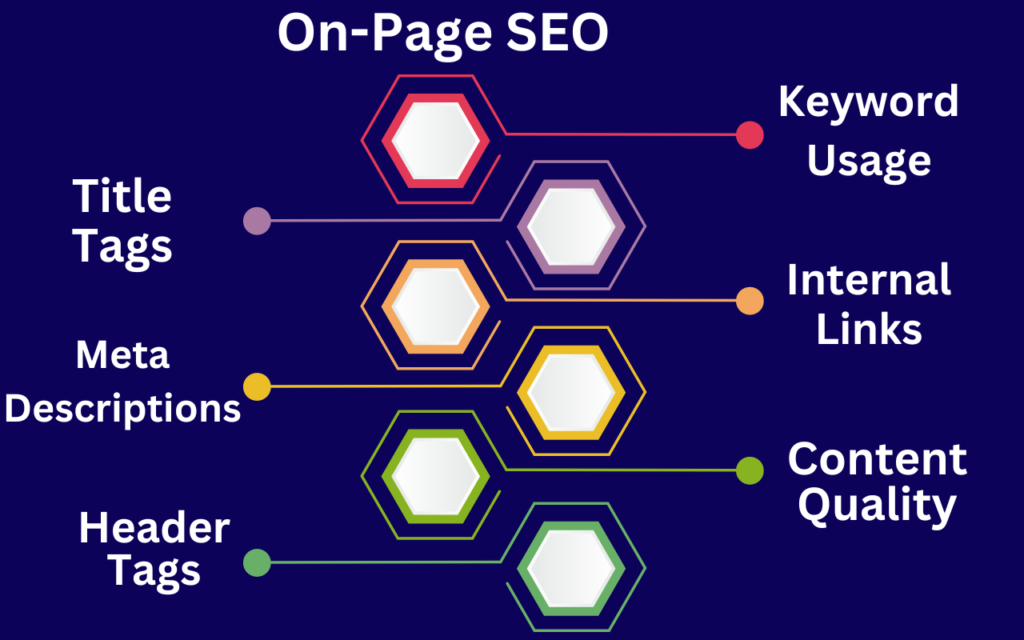
On-page SEO focuses on enhancing individual pages of your website to boost their search engine rankings. Here are the key elements:
Title Tags :-
The title tag is a fundamental component of on-page SEO. It tells both users and search engines what the page is about. Ensure it is descriptive, incorporates your target keyword, and falls within the 50-60 character range.
Meta Descriptions :-
Meta descriptions offer a concise summary of your page’s content While they don’t directly impact rankings, they can improve click-through rates (CTR) by enticing users to click on your result.
Header Tags (H1, H2, H3.......H6)
Header tags organize your content and make it easier for both users and search engines to comprehend. The H1 tag should include your primary keyword and be relevant to the page’s content. Subheadings (H2, H3) should logically break down the content into digestible sections.
Keyword Usage :-
Using relevant keywords in your content is crucial. However, avoid “keyword stuffing,” which involves overloading your content with keywords. Instead, focus on naturally incorporating keywords in the title, headers, and throughout the content.
Internal Links :-
Internal linking helps spread link equity throughout your site and enhances the crawlability of your pages. It also helps users navigate your site easily.
Content Quality :-
Off-Page SEO :- Building Authority and Trustworthiness
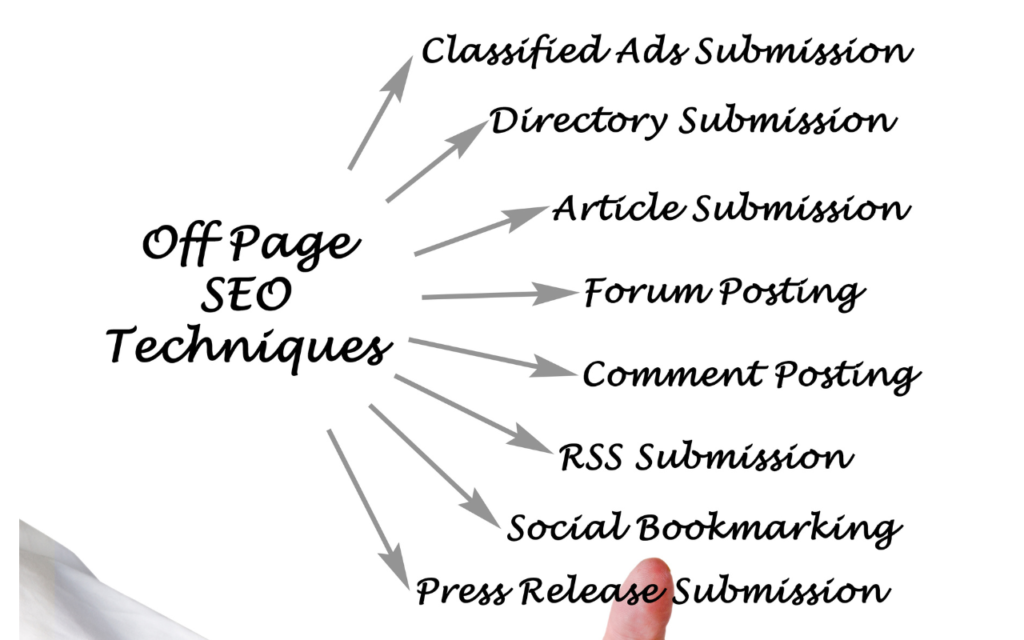
Off-page SEO includes activities performed outside of your website that impact your search engine rankings. It primarily focuses on boosting your site’s authority and trustworthiness through backlinks and social signals.
Backlinks :-
Backlinks are links from external websites that direct traffic to your site. Search engines view backlinks as endorsements, and websites with high-quality backlinks tend to rank higher.
Earn Links Naturally :- Create valuable content that others want to link to.
Guest Posting :- Contribute articles to reputable websites in your niche to gain backlinks.
Broken Link Building :- Locate broken links on other websites and offer your content as an alternative
Social Signals :-
Technical SEO :- Ensuring Your Website is Search Engine Ready

Technical SEO focuses on the behind-the-scenes aspects of your website that affect its performance in search engines. These include :-
Site Speed :-
Fast-loading websites enhance user experience and are prioritized by search engines.You can improve your site speed by compressing images, enabling browser caching, and reducing redirects.
Mobile-Friendliness :-
With most users browsing on mobile devices, optimizing your site for mobile is essential. Responsive design ensures that your website looks and works well on all devices, improving both user experience and SEO.
Secure Website (HTTPS) :-
Having an HTTPS-secured website not only builds trust with your users but also boosts your SEO. Google has confirmed that websites using HTTPS have an advantage in search rankings.
XML Sitemap :-
The Importance of Keywords in SEO : How to Do Keyword Research
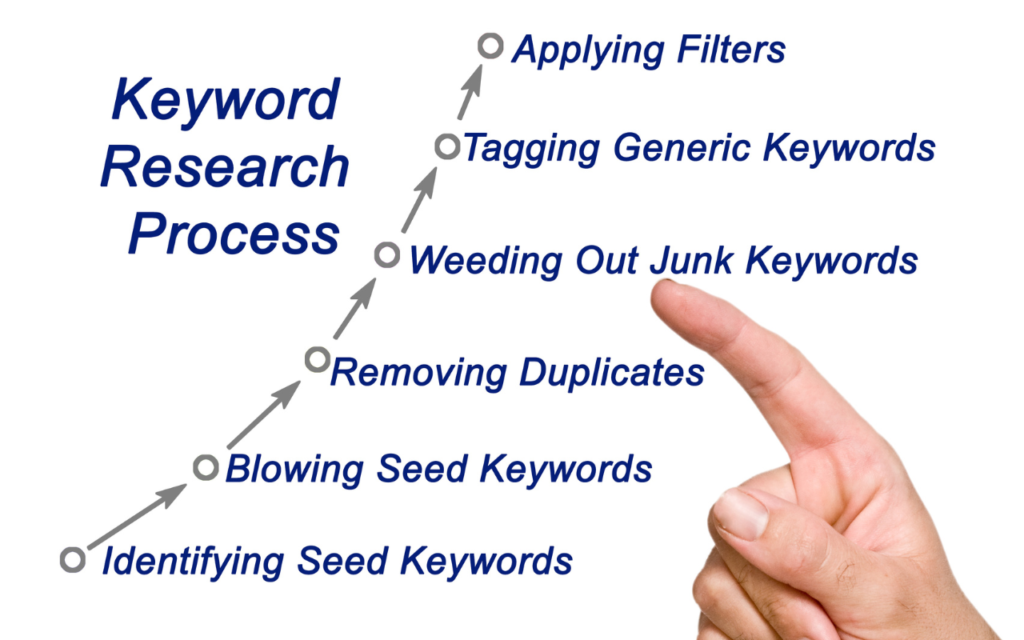
Keywords are at the heart of SEO. They represent the terms that users type into search engines when looking for information. Understanding how to choose the right keywords is essential for SEO success.
Long-Tail Keywords :-
Long-tail keywords are more specific phrases with lower search volumes, making them generally easier to rank for.
These keywords often convert better because they target users with a clearer intent.
Keyword Placement :-
However, always prioritize the quality of the content over keyword placement.
The Importance of Mobile Optimization in SEO :-
With mobile usage surpassing desktop, mobile optimization has become a crucial element of SEO. Google has adopted a mobile-first indexing approach, meaning that the mobile version of your website is considered the primary version.
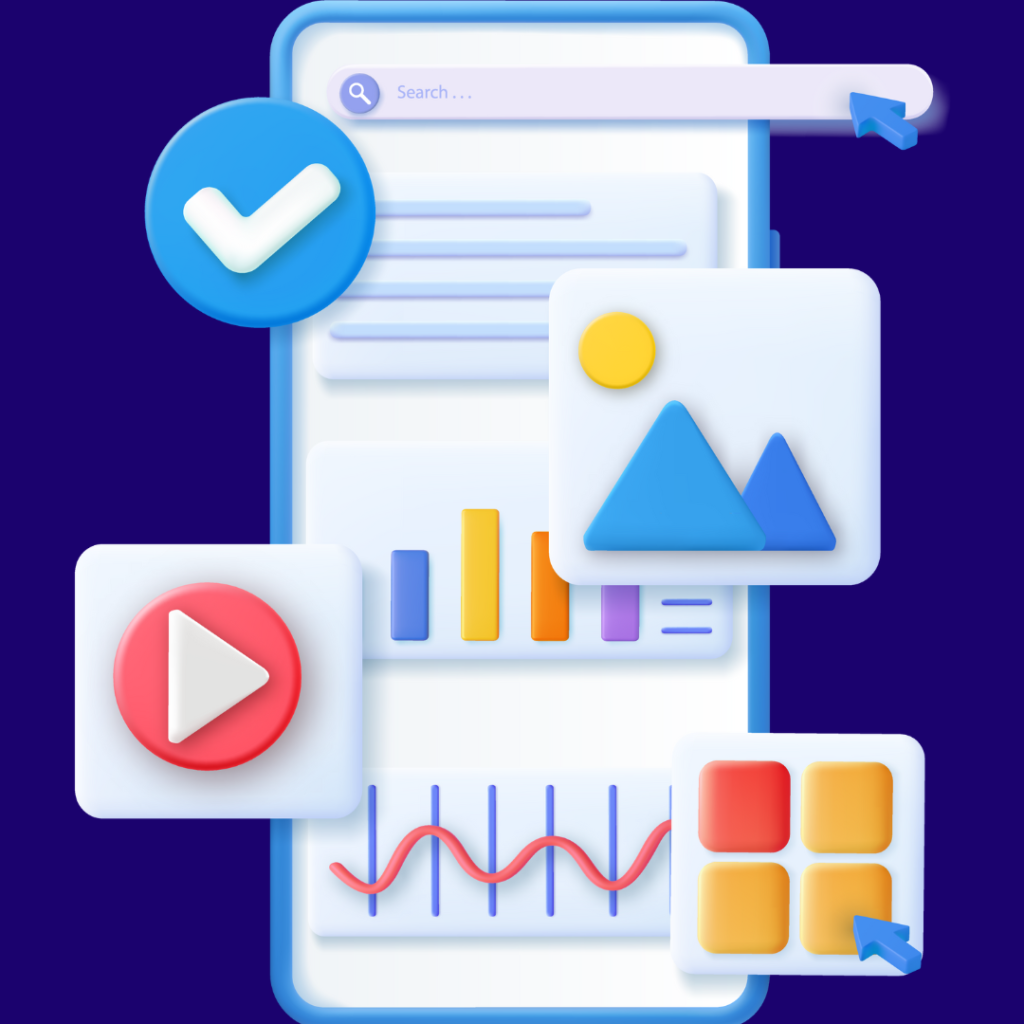
To optimize your website for mobile :-
Responsive Design :- Ensure your website adjusts automatically to fit different screen sizes.
Fast Loading Times :- Fast Loading Times: Mobile users expect websites to load swiftly. Optimize images, use a content delivery network (CDN), and minimize JavaScript to improve loading speed.
Mobile :- Friendly Navigation: Make sure your website is easy to navigate on mobile, with clear menus and touch-friendly buttons.
Link Building Strategies :- How to Obtain High-Quality Backlinks
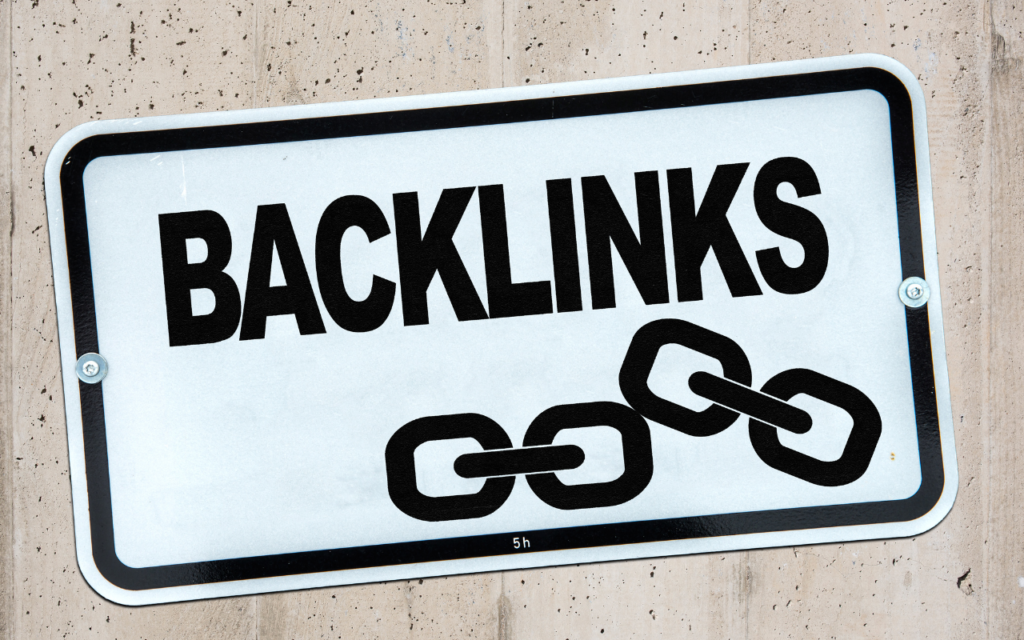
Backlinks are a significant ranking factor in SEO. However, not all backlinks are created equal. Earning high-quality, relevant backlinks from authoritative websites can significantly improve your SEO performance.
Content Creation :-
Creating valuable content is one of the best ways to earn natural backlinks. Infographics, in-depth guides, and original research are examples of content that other websites may want to link to.
Guest Blogging :-
Writing guest posts for reputable websites allows you to include a link back to your site. This strategy not only builds backlinks but also positions you as an expert in your field.
Outreach :-
Contact bloggers, journalists, and influencers in your industry to share your content. Building relationships with these individuals can help you gain more backlinks over time.
Broken Link Building :-
Content Optimization :- Creating SEO-Friendly Content
Content optimization ensures that your content is both user-friendly and optimized for search engines. Here’s how you can create SEO-friendly content:
Focus on User Intent :-
Identify what your target audience is looking for and develop content that addresses their needs. Answer their questions, provide valuable insights, and ensure your content is easy to read.
Use Keywords Naturally :-
Include your target keywords in your content, but make sure not to overuse them.
Optimize for Featured Snippets :-
Featured snippets are specially chosen search results that appear at the top of Google’s search results page. To increase your chances of being featured, create content that directly answers questions in a concise, clear manner.
Add Multimedia :-
SEO Tools You Need to Boost Your Website’s Ranking :-
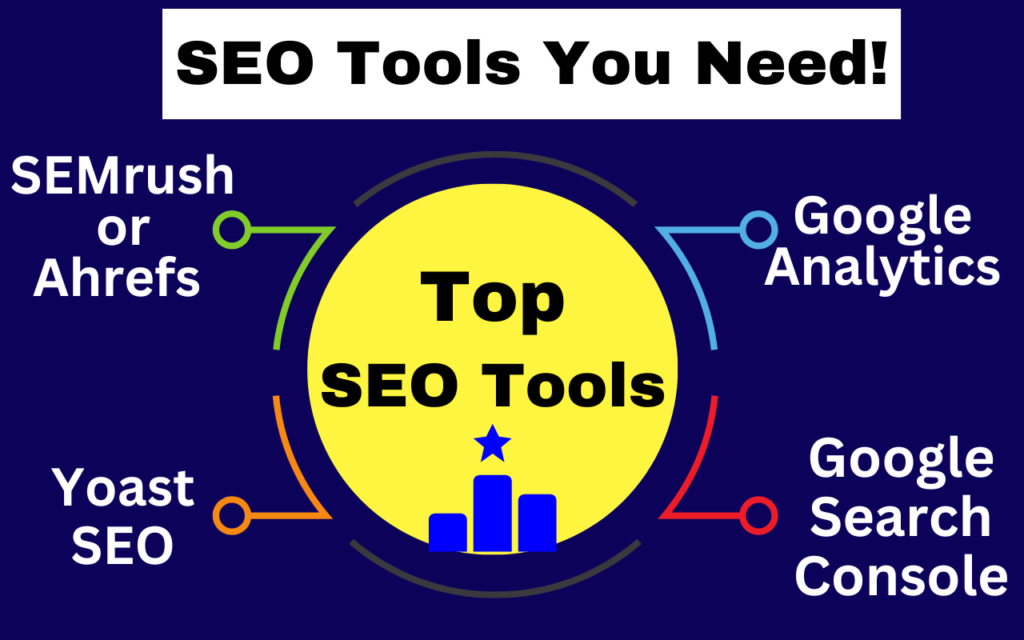
To achieve success in SEO, it’s vital to use the appropriate tools. These tools help you analyze your website’s performance, find optimization opportunities, and track progress.
Google Analytics delivers comprehensive insights into your website’s traffic, user behavior, and conversion metrics. It’s a must-have tool for any SEO strategy.
Google Search Console helps you monitor and troubleshoot your website’s presence in Google Search results. You can see which keywords are driving traffic, submit sitemaps, and receive alerts for issues like crawling errors.
Yoast SEO :-
Both SEMrush and Ahrefs offer comprehensive SEO tools for keyword research, competitor analysis, backlink tracking, and site audits.
Common SEO Mistakes and How to Avoid Them :-
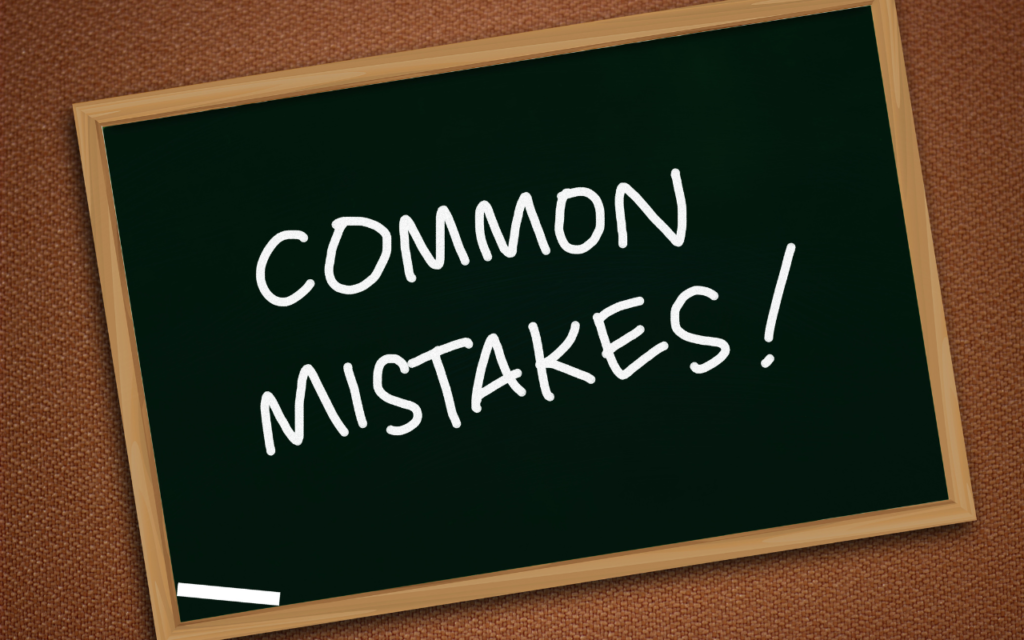
SEO is complex, and many businesses make mistakes that can harm their rankings. Here are some typical errors to be cautious about:
Keyword Stuffing :-
Overusing keywords in your content can lead to penalties from search engines. Concentrate on writing in a natural tone and prioritize readability.
Ignoring Mobile Optimization :-
Failing to optimize your website for mobile users can hurt your rankings. Make sure your website is responsive and mobile-friendly.
Not Having a Clear SEO Strategy :-
Without a clear SEO strategy, you may waste time and resources on ineffective tactics. Establish clear objectives, create a strategy, and consistently monitor your progress.
Neglecting Technical SEO :-
Neglecting technical SEO aspects such as slow page speeds, broken links, or missing meta tags can harm your SEO efforts. Conduct regular audits of your website to spot and resolve these issues.
The Future of SEO :- What to Anticipate in the Coming Years

SEO is constantly evolving, and staying ahead of the trends is essential for maintaining and improving your rankings. Here are some trends to look out for in the future of SEO:
Voice Search Optimization
As voice-activated devices like Amazon Alexa and Google Assistant become more popular, optimizing for voice search is becoming crucial for staying competitive in SEO. Focus on natural language and long-tail keywords to improve your chances of ranking in voice search results.
AI and Machine Learning
Google’s use of AI and machine learning is expected to increase, impacting how search results are ranked. Algorithms like Google’s RankBrain are designed to understand user intent better, so creating content that aligns with user needs will be more crucial than ever.
Mobile-First Indexing
As more users access the web via mobile devices, mobile-first indexing will continue to dominate SEO. Ensuring that your website is mobile-friendly will be critical for maintaining high rankings.
Emphasis on User Experience
Google will likely place more emphasis on Core Web Vitals—metrics that measure user experience, such as page speed, responsiveness, and visual stability. Optimizing for a smooth and seamless user experience will be crucial for SEO success.
Frequently Asked Questions
SEO stands for Search Engine Optimization. It is the process of optimizing a website to rank higher in search engine results and attract more organic traffic.
SEO works by improving various aspects of a website, such as its content, structure, and backlinks, to make it more attractive to search engines. Search engines use algorithms to rank websites based on relevance, authority, and user experience.
SEO is important because it helps your website become more visible in search engine results. Increased visibility drives more organic traffic, leading to higher chances of generating leads, conversions, and boosting revenue.
SEO is a long-term strategy, and it can take anywhere from 3 to 6 months or more to see significant results, depending on the competitiveness of your industry and the quality of your SEO efforts.
On-page SEO refers to optimizing individual pages on your website, such as content, title tags, and meta descriptions. Off-page SEO involves activities outside your website, like earning backlinks and social signals, to boost your site’s authority.
Backlinks are links on other websites that direct users to your site.They are important because search engines view them as endorsements of your content’s quality and authority, which can help improve your rankings.
Popular SEO tools include Google Analytics, Google Search Console, SEMrush, Ahrefs, and Yoast SEO. These tools help with keyword research, performance tracking, site audits, and content optimization.
